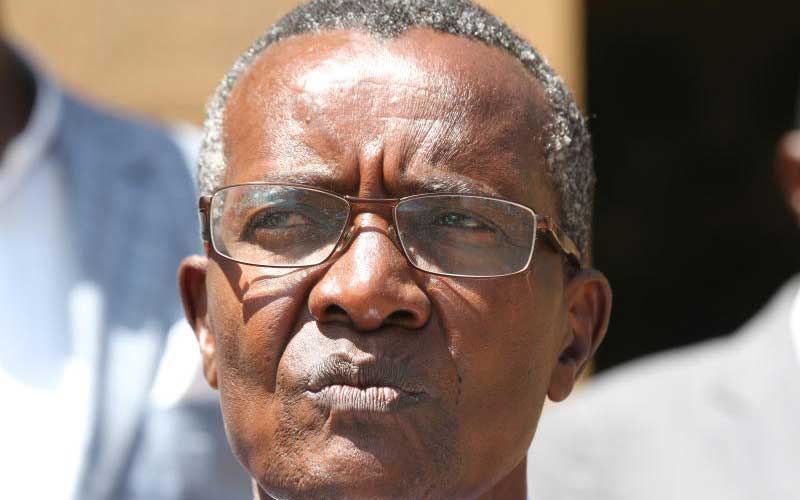×
The Standard e-Paper
Fearless, Trusted News

CJ David Maraga. In a bare-knuckle attack, he called out the president for ignoring court orders and asked him to dissolve Parliament. [File, Standard]
Kenya woke up one early morning in June to shocking banners hoisted along major streets in Nairobi, depicting Chief Justice David Maraga and the Judiciary in negative light.